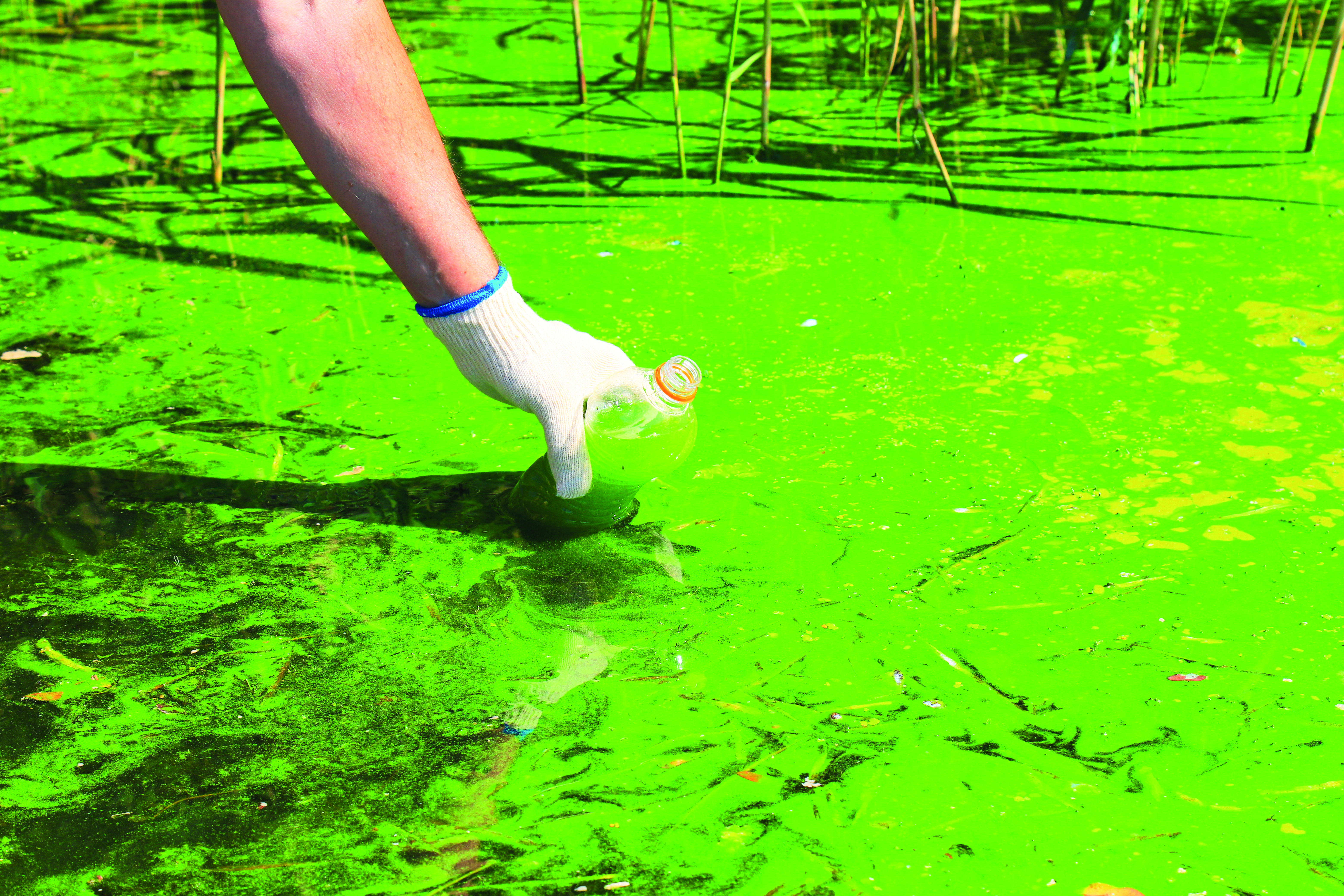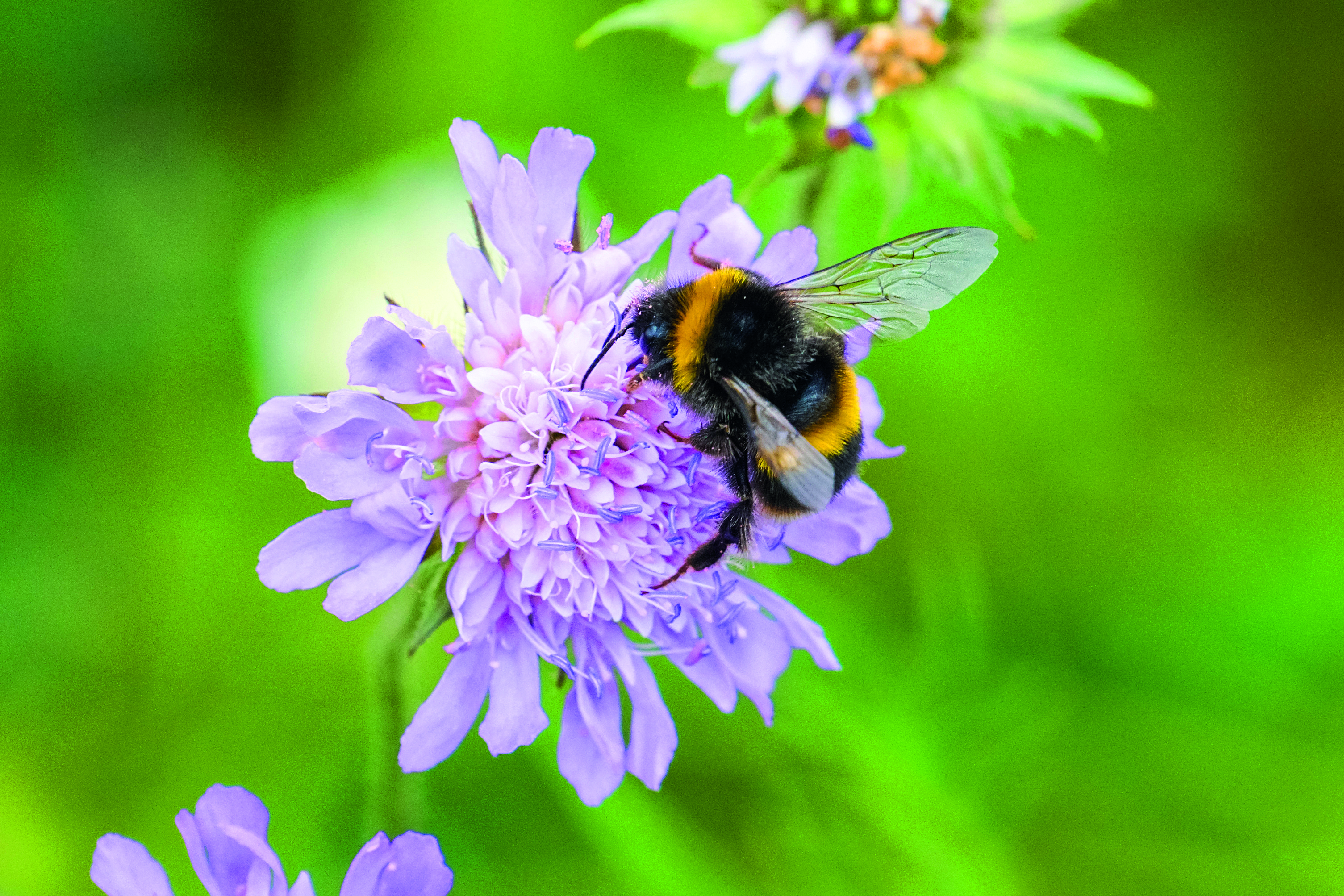
Stop the overload of pollution from synthetic fertilisers
Pollution caused by nitrogen-based synthetic fertiliser is damaging the soil, destroying plants and killing wildlife.
With your support today, we can help farmers move towards nature-friendly methods that don’t rely on these destructive fertilisers.
Plants and wildlife are under threat
The pressure to grow more food has led to the over-use of harmful synthetic fertiliser.
- Many delicate plants, such as wildflowers, are destroyed by high levels of nitrogen pollution
- Pollution spreads easily from fields to waterways, reducing light and oxygen levels in the water and killing fish
- 25% of all the nitrogen used in synthetic fertilisers is released back into the environment as pollution
- 95% of the UK’s protected habitats are now at critical levels of harmful nitrogen pollution
- Nitrogen escapes into the air as nitrous oxide, which is 300 times more potent and damaging to the planet than carbon dioxide
“My father called synthetic nitrogen ‘sugar’, and it’s a good analogy. Just as sugar gives energy, but no nutrition, likewise with ‘bag’ nitrogen.”
Helen Browning, Organic farmer and CEO, The Soil Association

The Soil Association is working with farmers and policymakers to reduce our dependence on harmful synthetic fertilisers:
- We’re helping farmers adopt nature-friendly methods such rotating nitrogen-fixing crops like peas and beans, which can lead to better, productive soil
- We’re running trials of innovative farming processes that work with nature, such as growing clover beneath cash crops
- We’re lobbying the Government to incentivise farmers to move to eco-friendly systems that don’t rely on synthetic fertilisers
If you want to end the pollution from synthetic fertiliser that’s destroying our landscape, please support us with a gift today.
- £75 could help provide the technical advice and support that helps farmers move to more nature-friendly and organic ways of farming
- £50 could help fund on-the-ground research into farming methods that are healthier for the soil, and which don’t rely on synthetic fertilisers
- £25 could help us pressure the Government to significantly reduce nitrogen pollution from synthetic fertilisers used in agriculture







